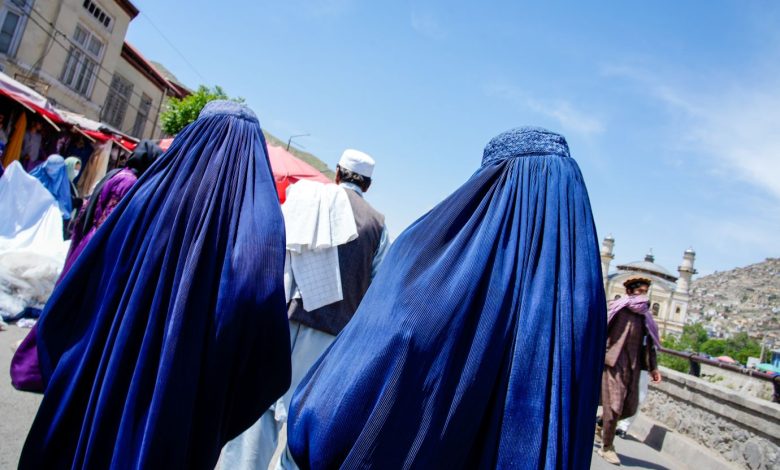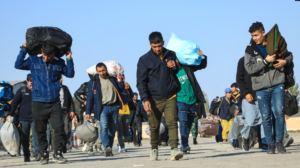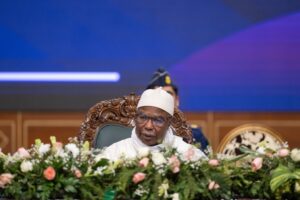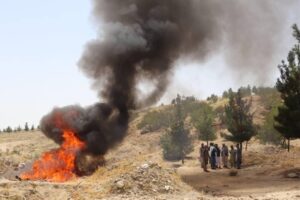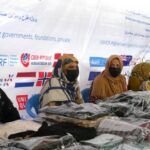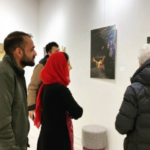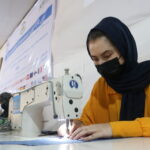The United Nations Women agency has stated that Afghanistan is currently facing one of the most severe women’s rights crises in the world.
In a newly published report, the agency said that according to its 2024 Gender Equality Index, women in Afghanistan have access to only 17.3% of their human rights and potential — compared to the global average of 60.7%.
The report notes that this figure makes Afghanistan the second country in the world with the widest gender gap.
It goes on to state that women in Afghanistan have been almost entirely removed from all aspects of public life, and 8 out of every 10 young women are deprived of education and employment — a figure nearly four times higher than that of men.
Furthermore, it states that women are still not allowed to work in many sectors, cannot travel without a male escort, and are even banned from entering parks and public spaces.
The UN Women report warns that Afghanistan’s development will continue to decline unless the entire population — especially women — is empowered to contribute to progress.
The report also points out that decisions made by the international community have contributed to the worsening situation in Afghanistan. In 2025, following the U.S. government’s decision to shut down USAID (the U.S. Agency for International Development), over $1.3 billion in global humanitarian aid was cut, of which $562 million had been allocated specifically for Afghanistan.
One of the programs affected by this funding cut was a $50 million scholarship fund for Afghan women — a fund that was independently managed and did not rely on taxpayer money.
The agency stated that the World Food Programme has warned this funding cut “could amount to a death sentence” for millions at risk of starvation — particularly women and children. The UN Population Fund also lost $24 million in funding designated for women’s health services. As a result, some clinics have shut down, reproductive health services have collapsed, and food aid distribution has ceased.
Nevertheless, the United Nations emphasizes that the Gender Equality Index is not just a measurement tool, but a roadmap for global action.
Over the past nearly four years, the current government has imposed increasingly strict restrictions on women and girls, removing them from public spaces. Women have been deprived of even their most basic rights under government decrees.
UN experts and human rights activists have described such policies as a form of “gender apartheid.”

